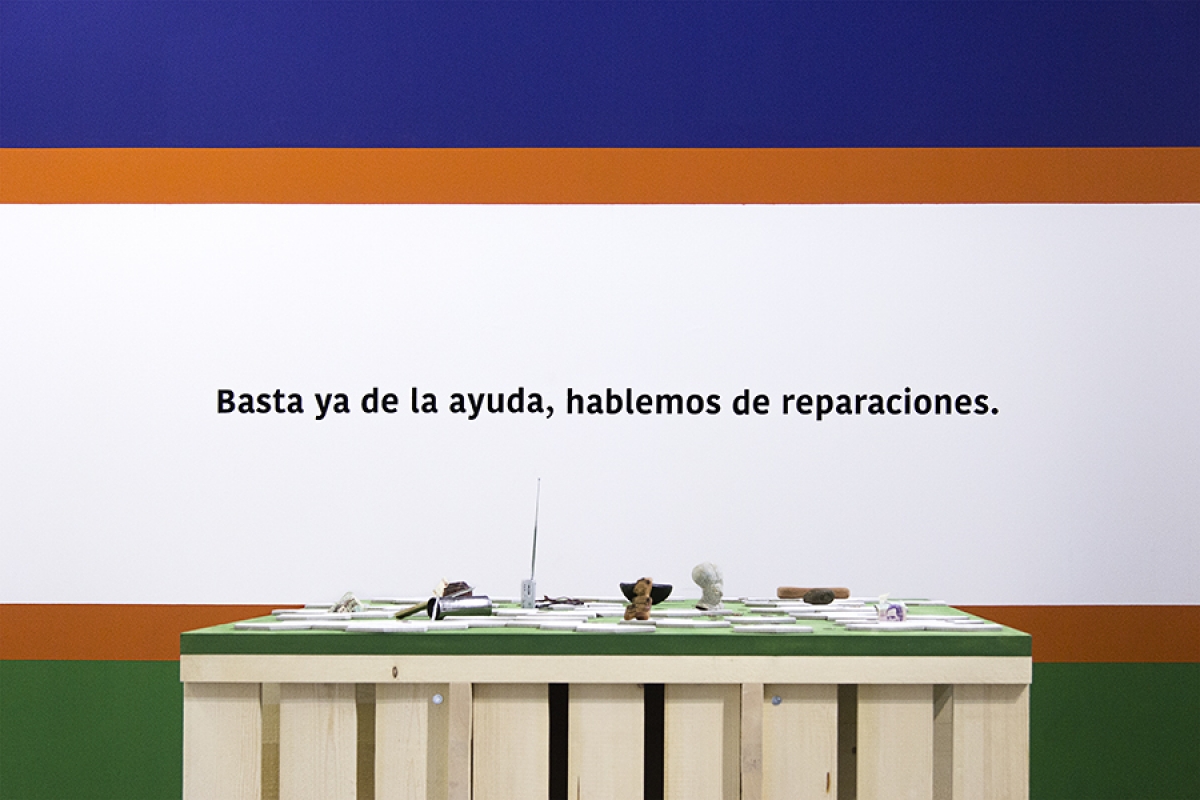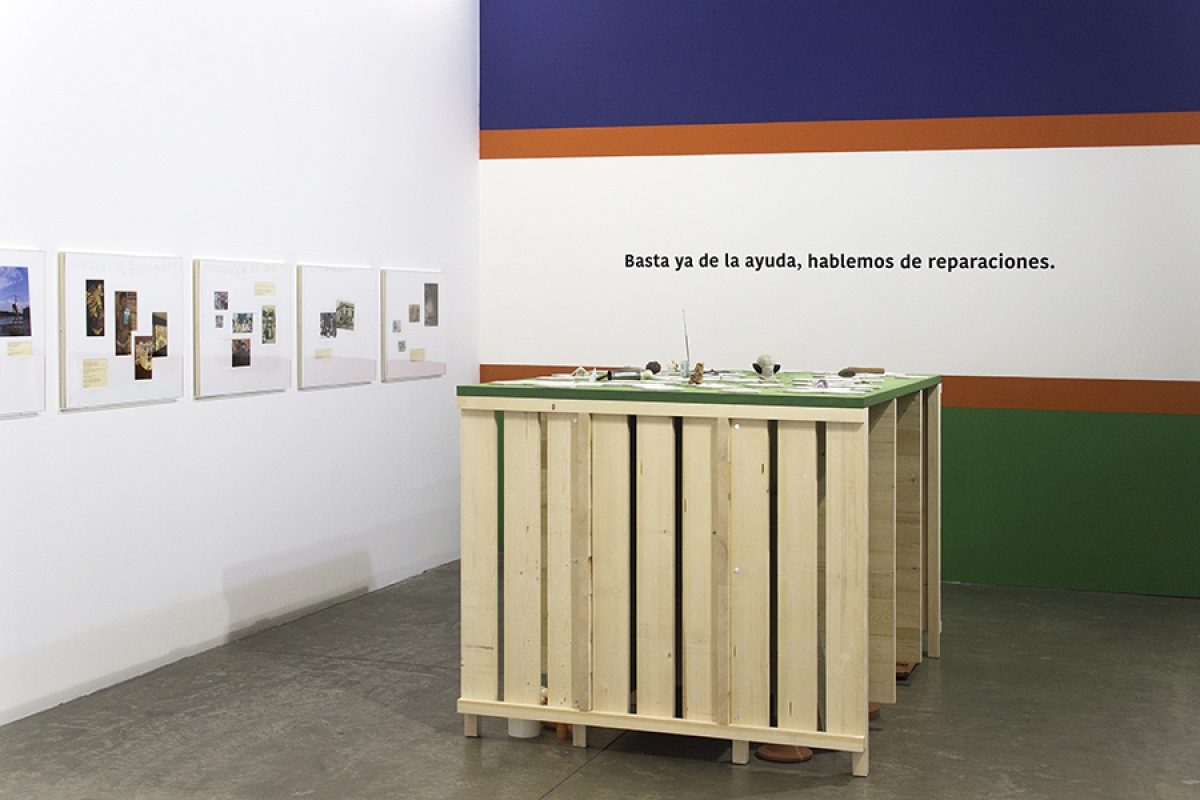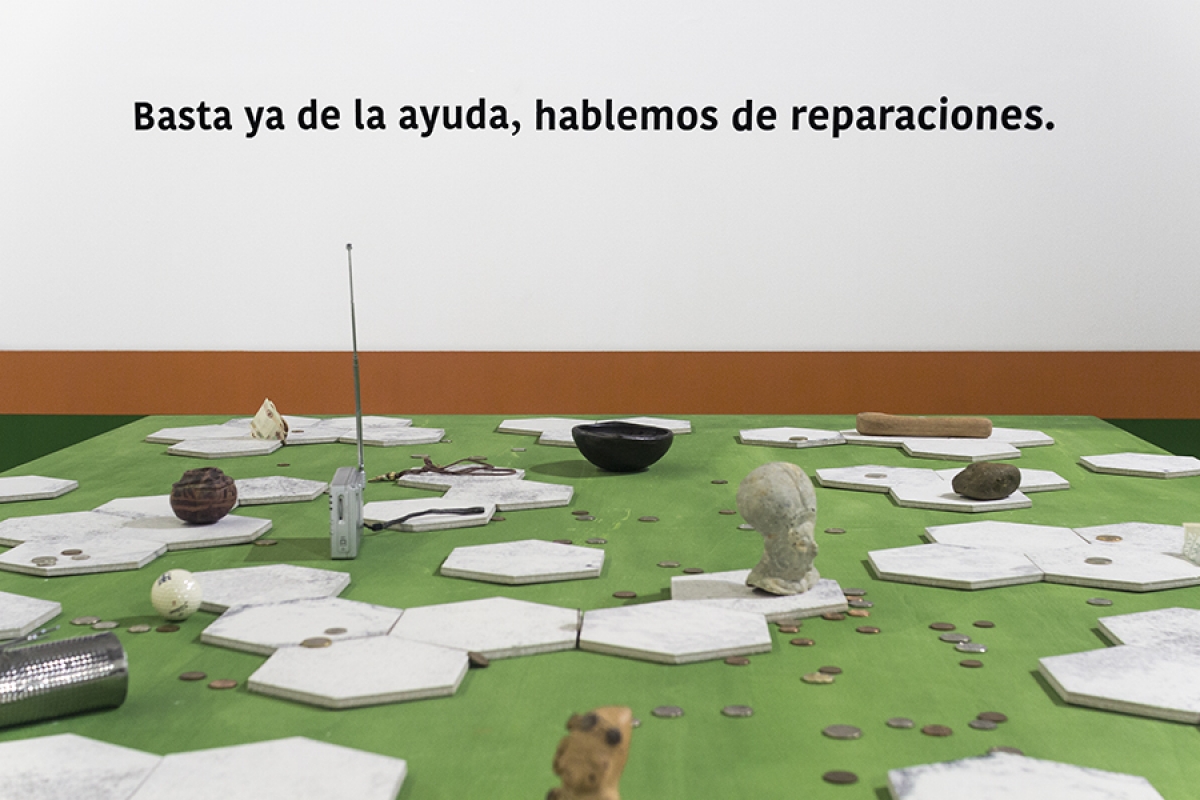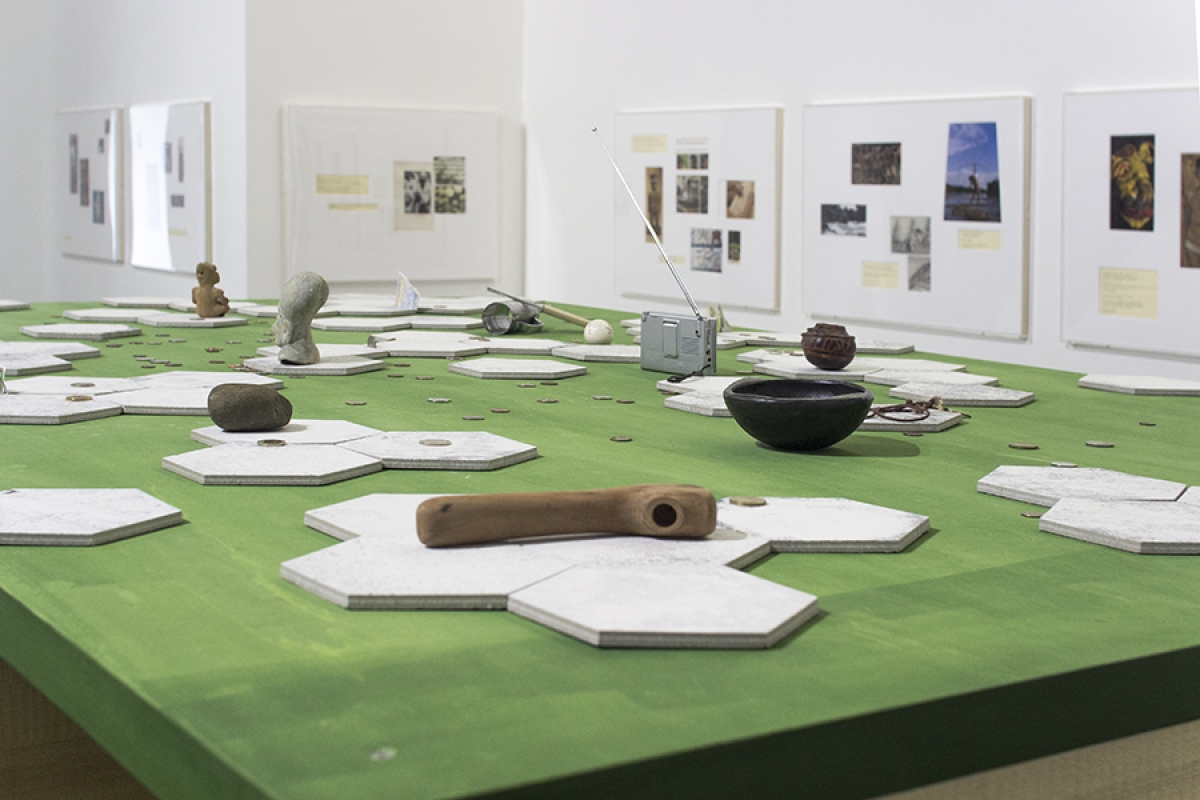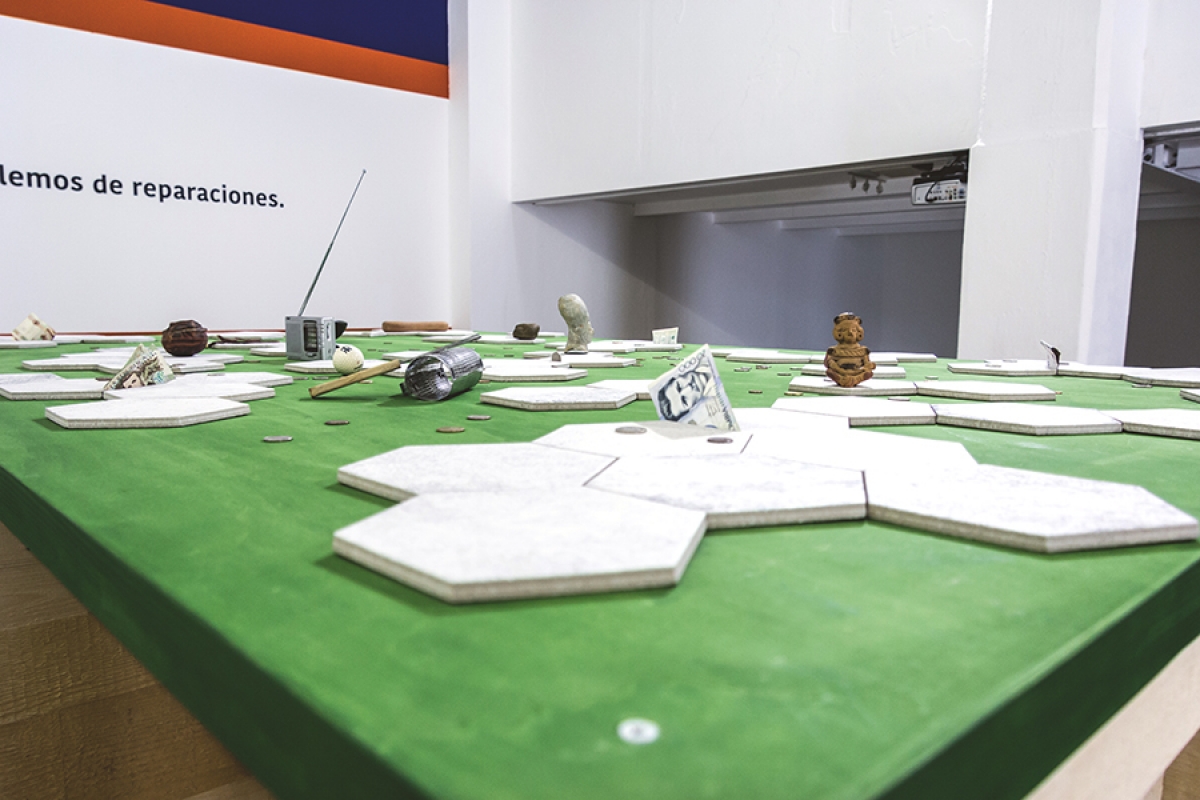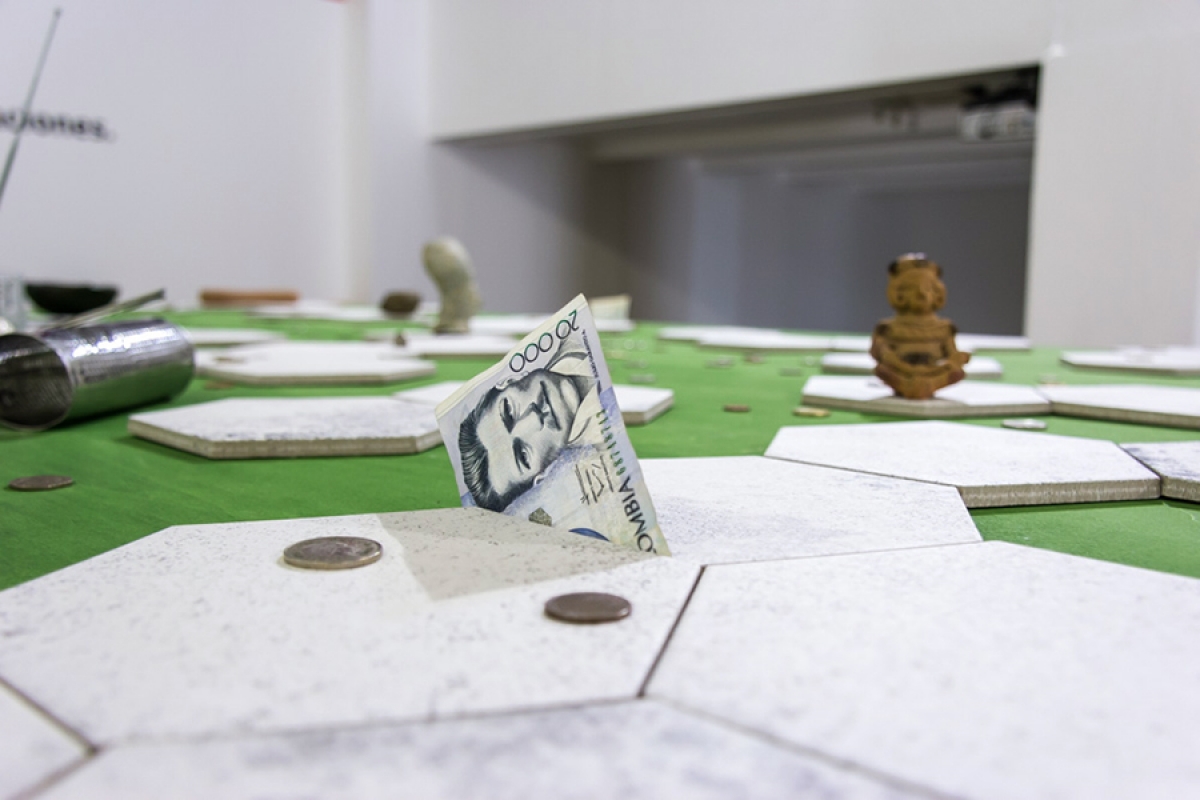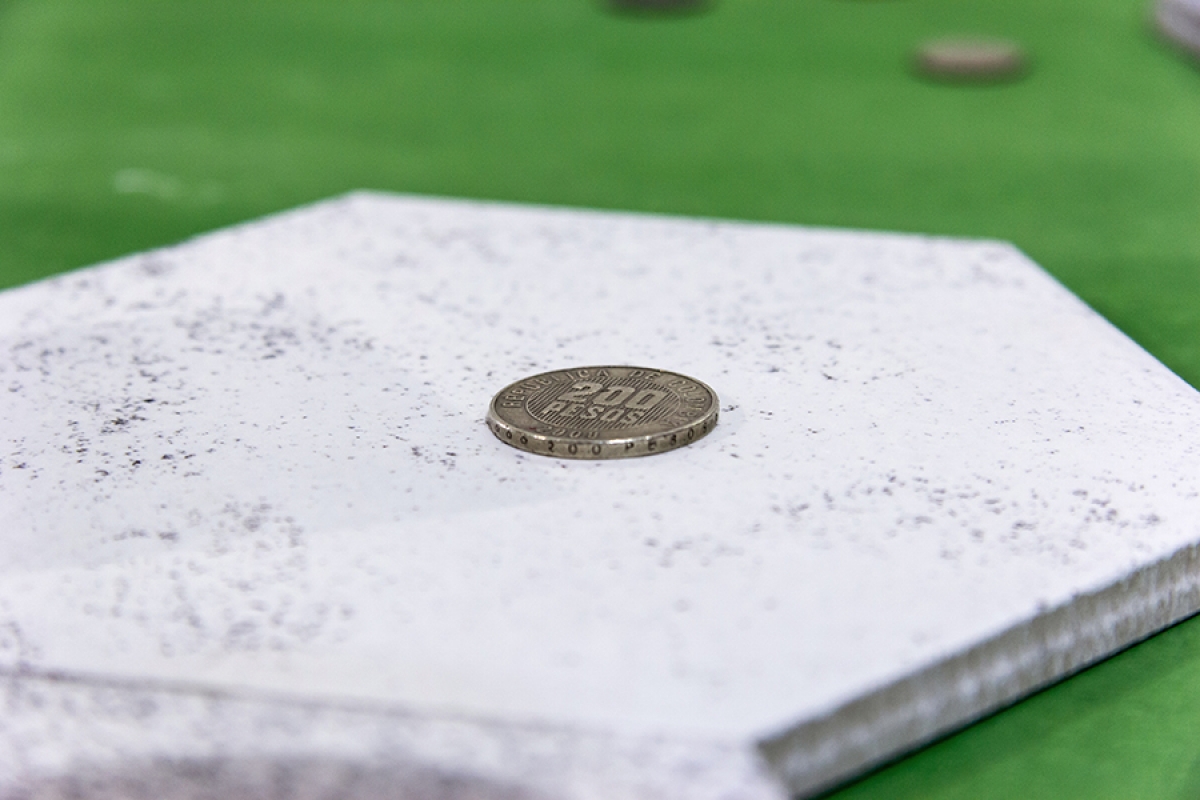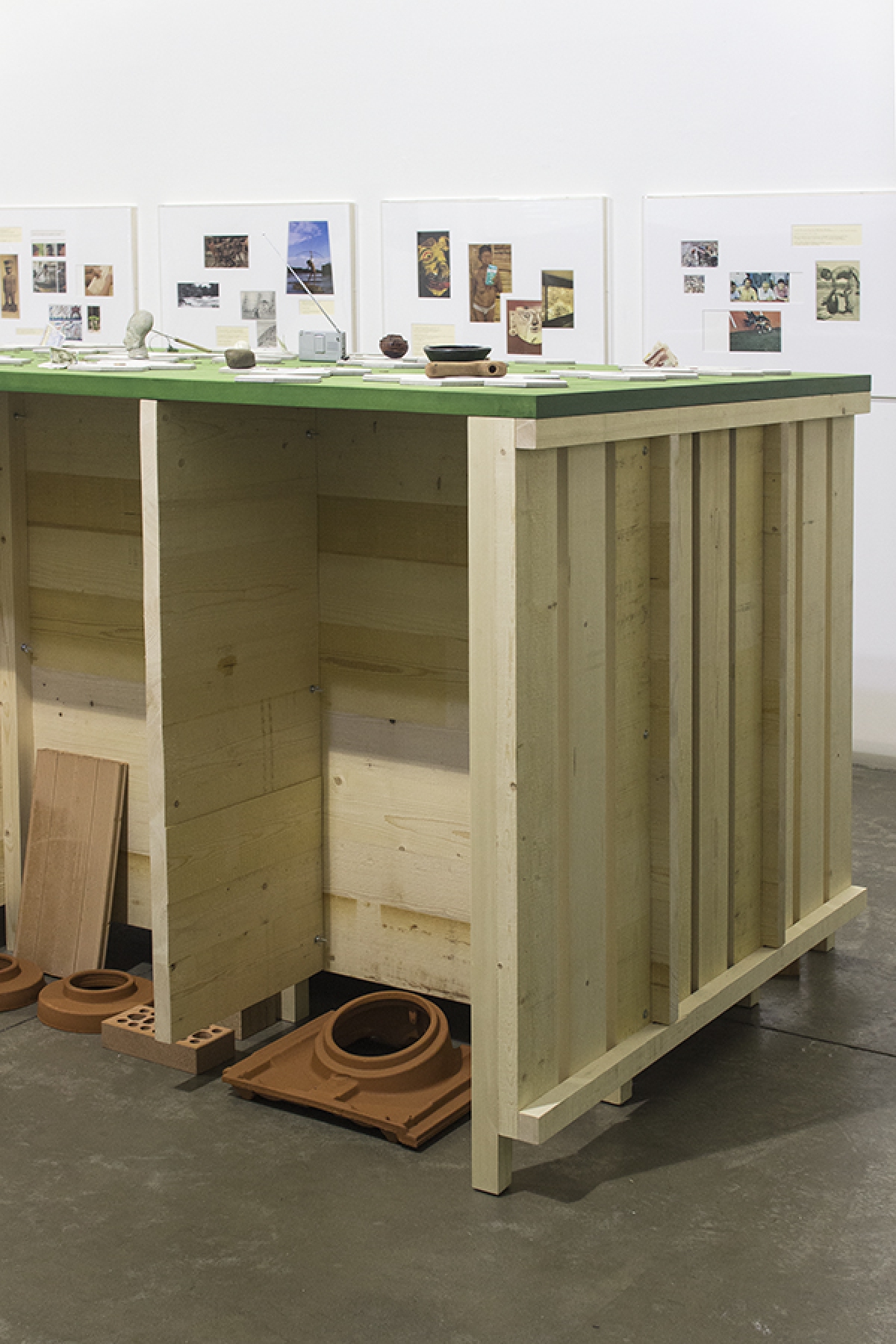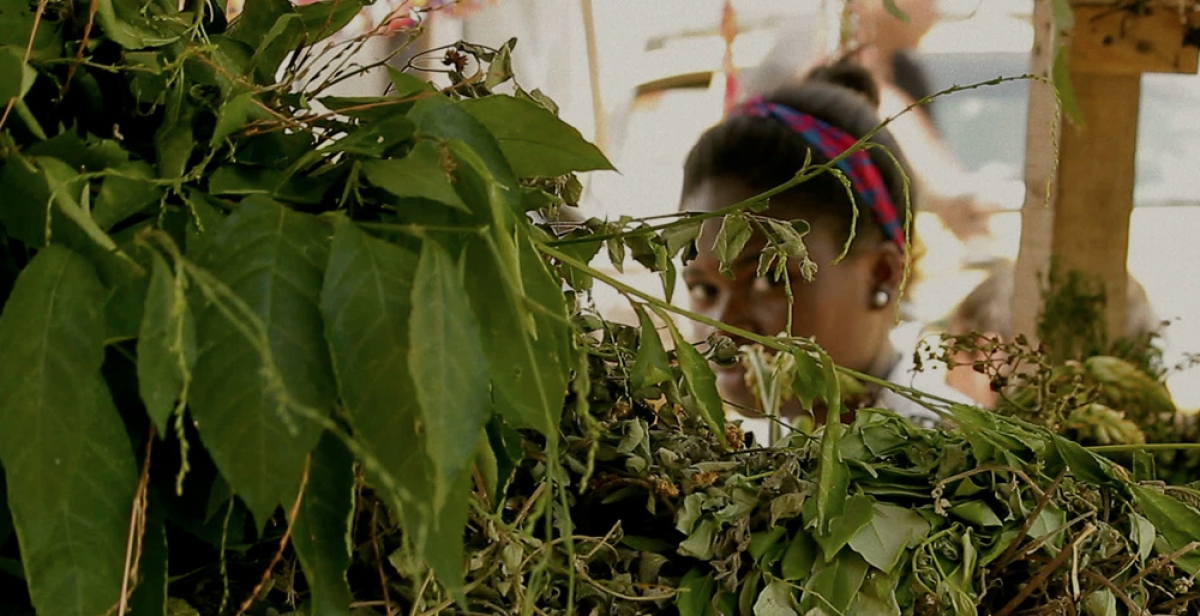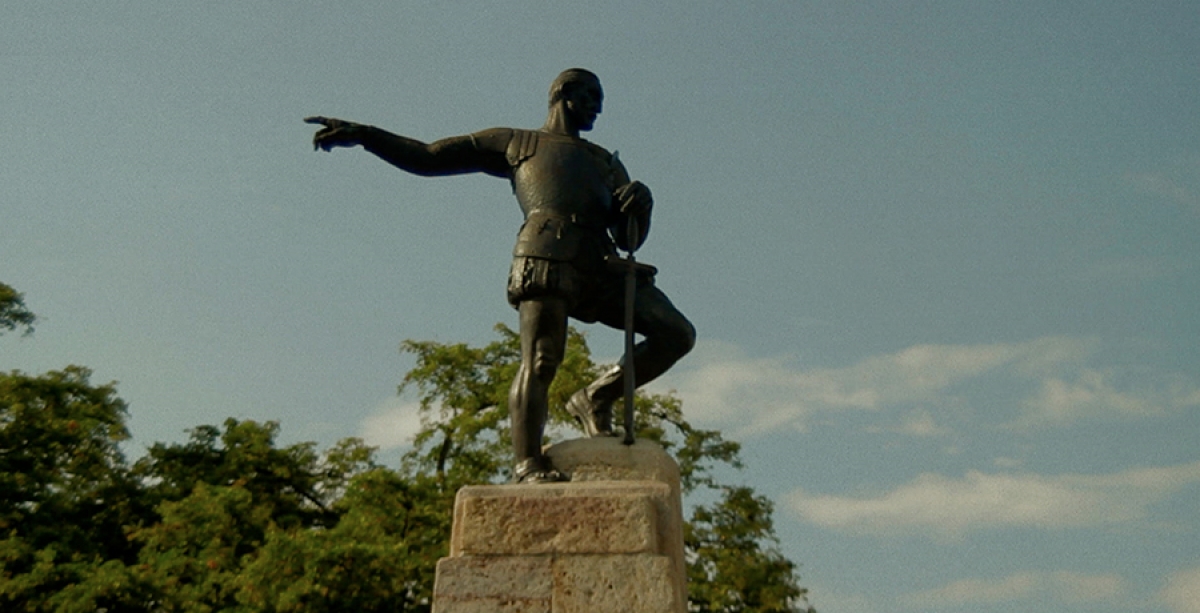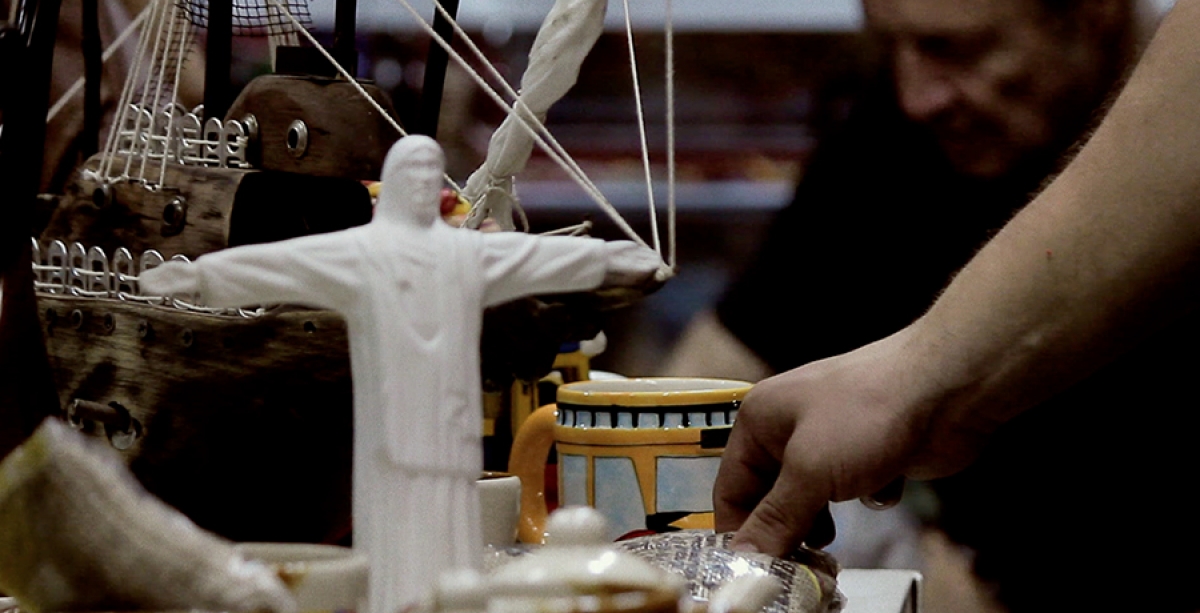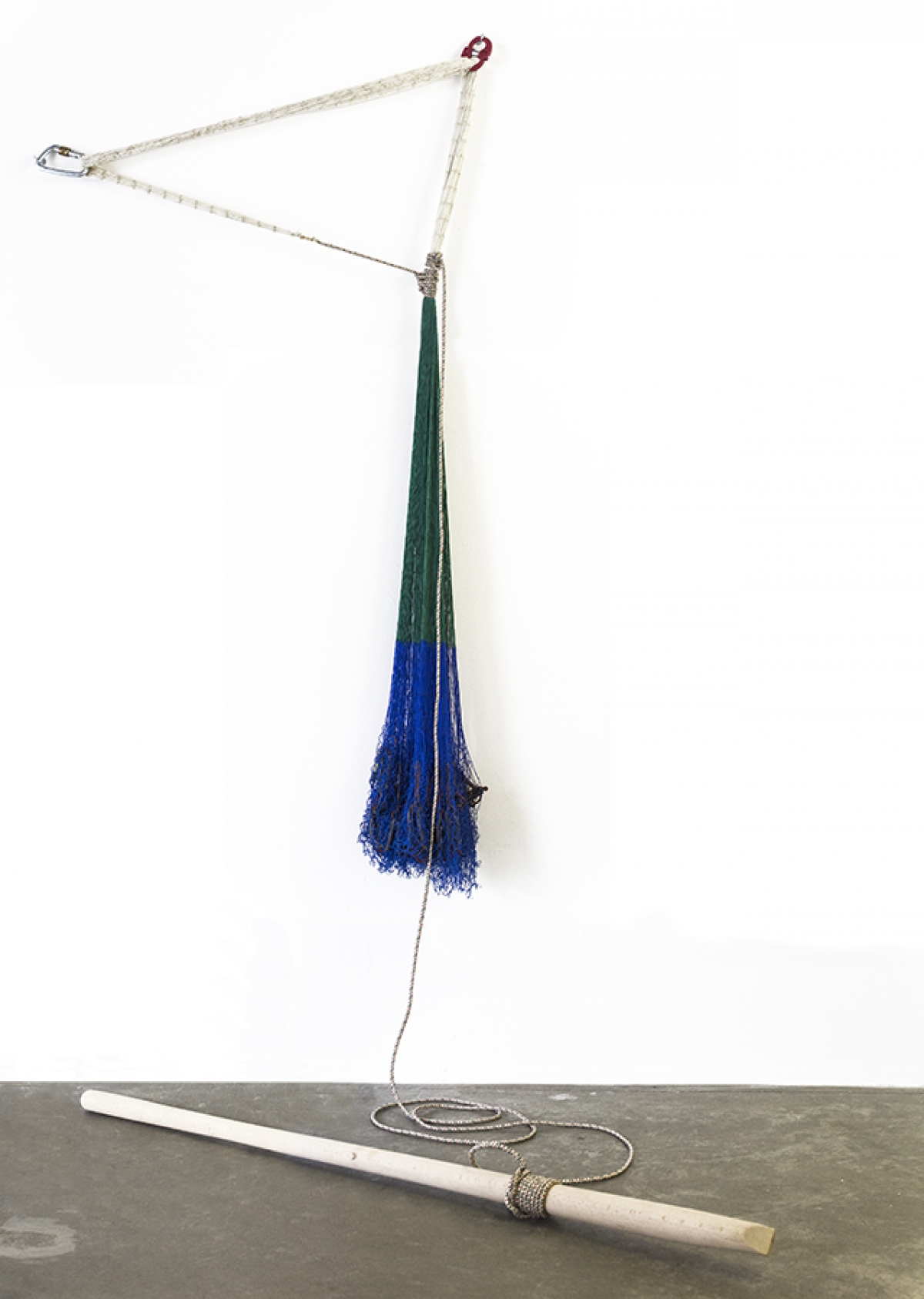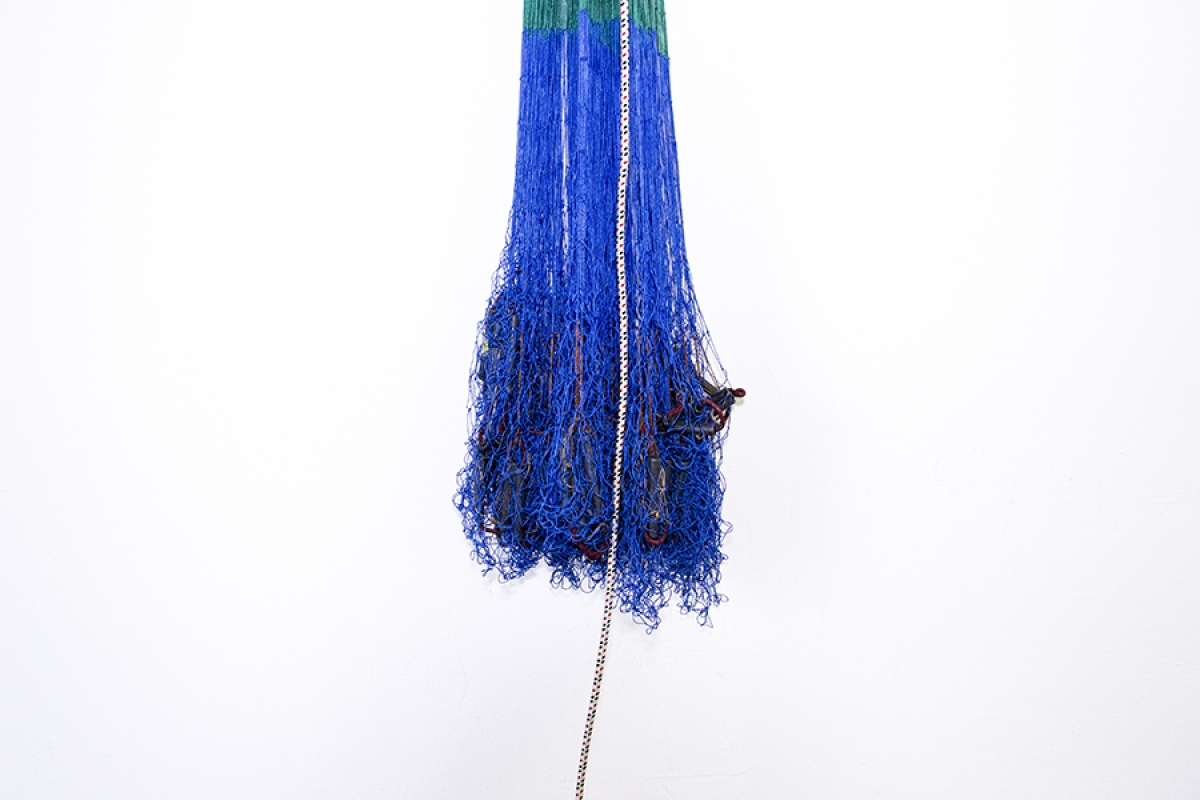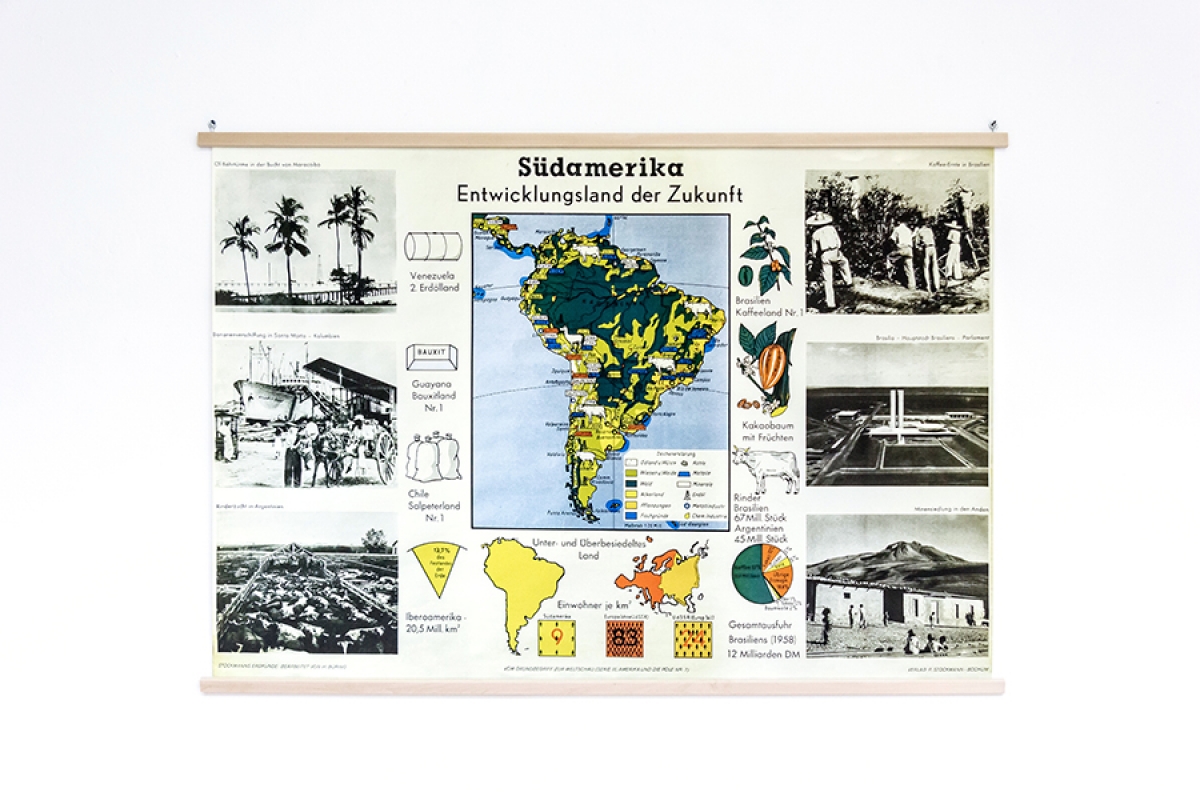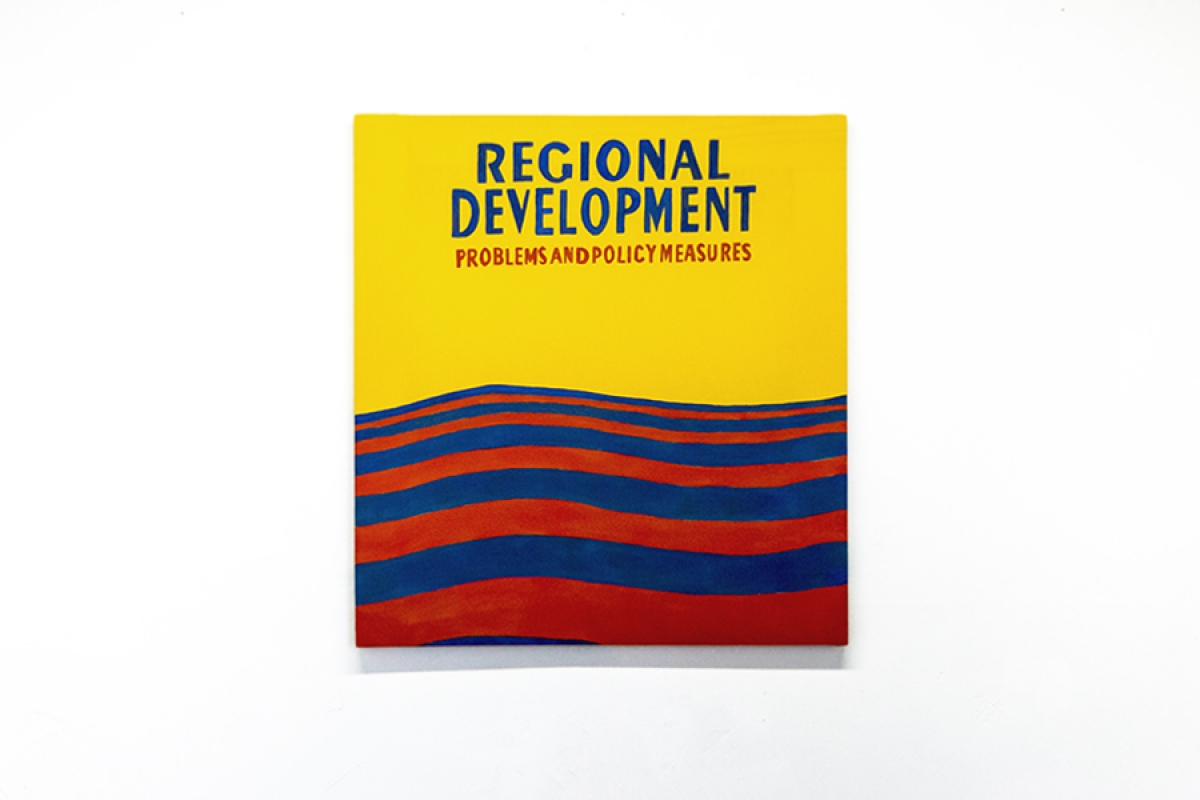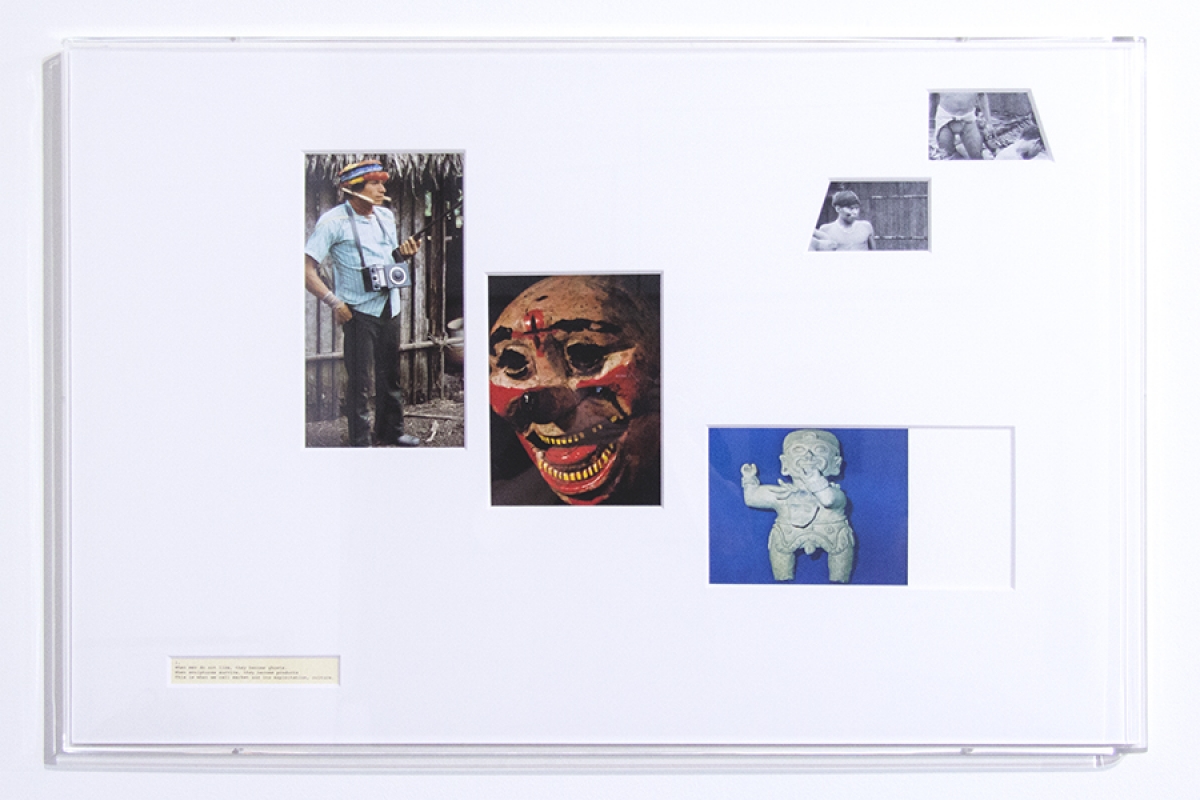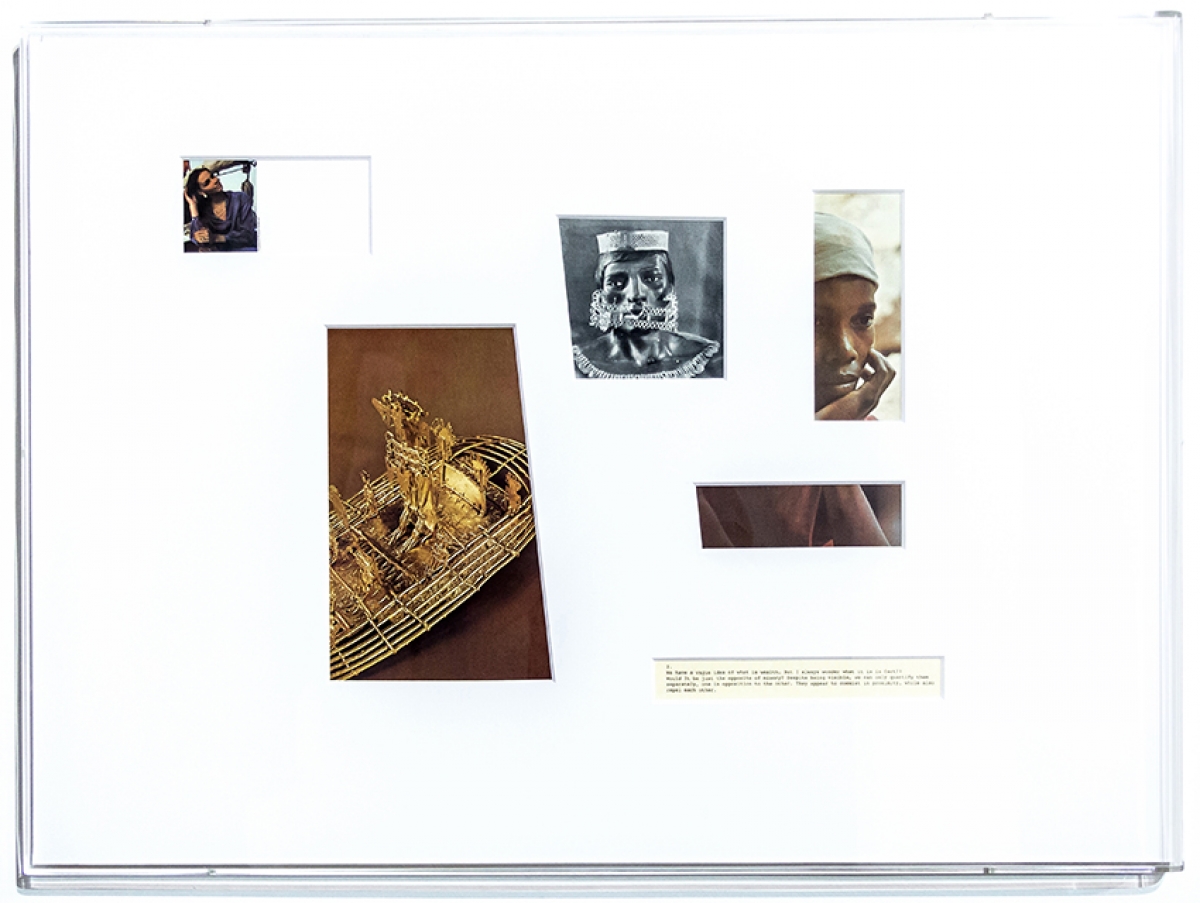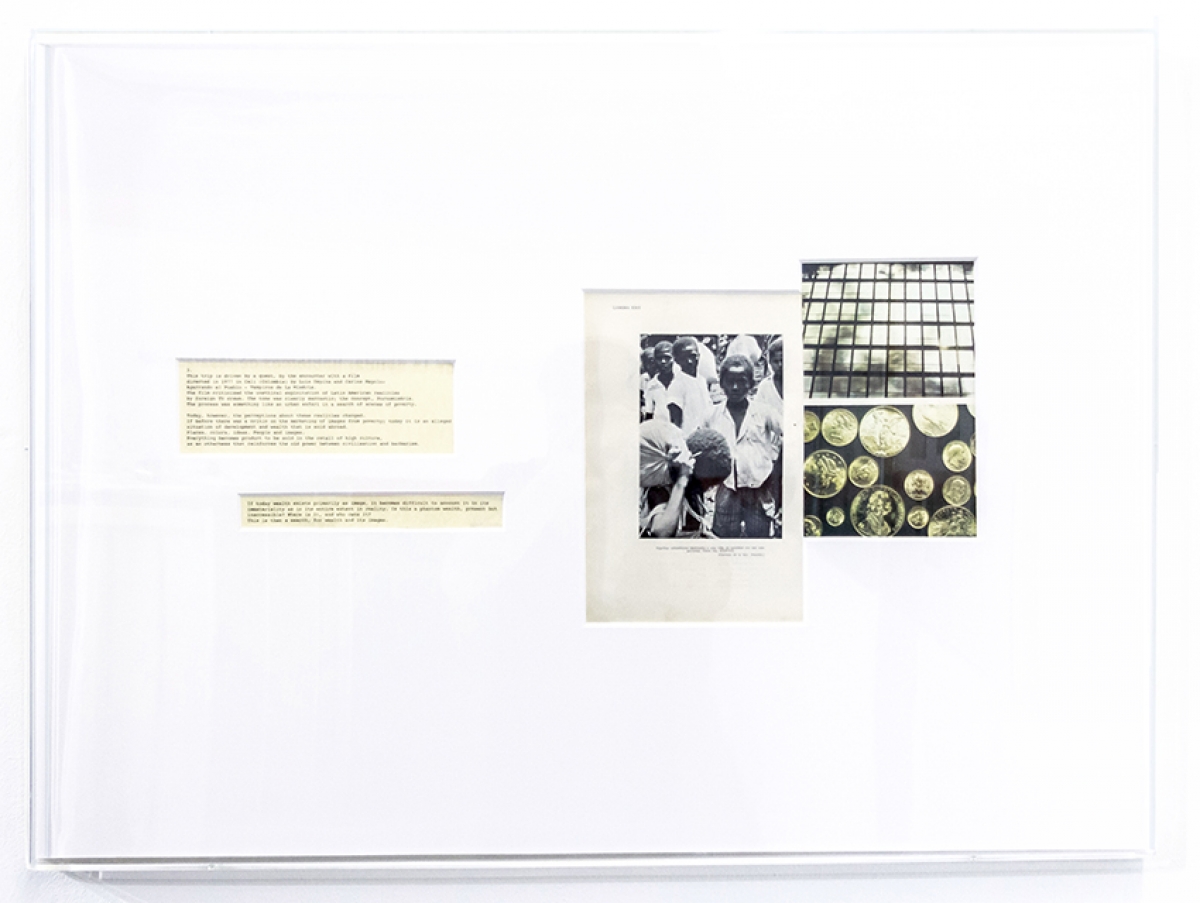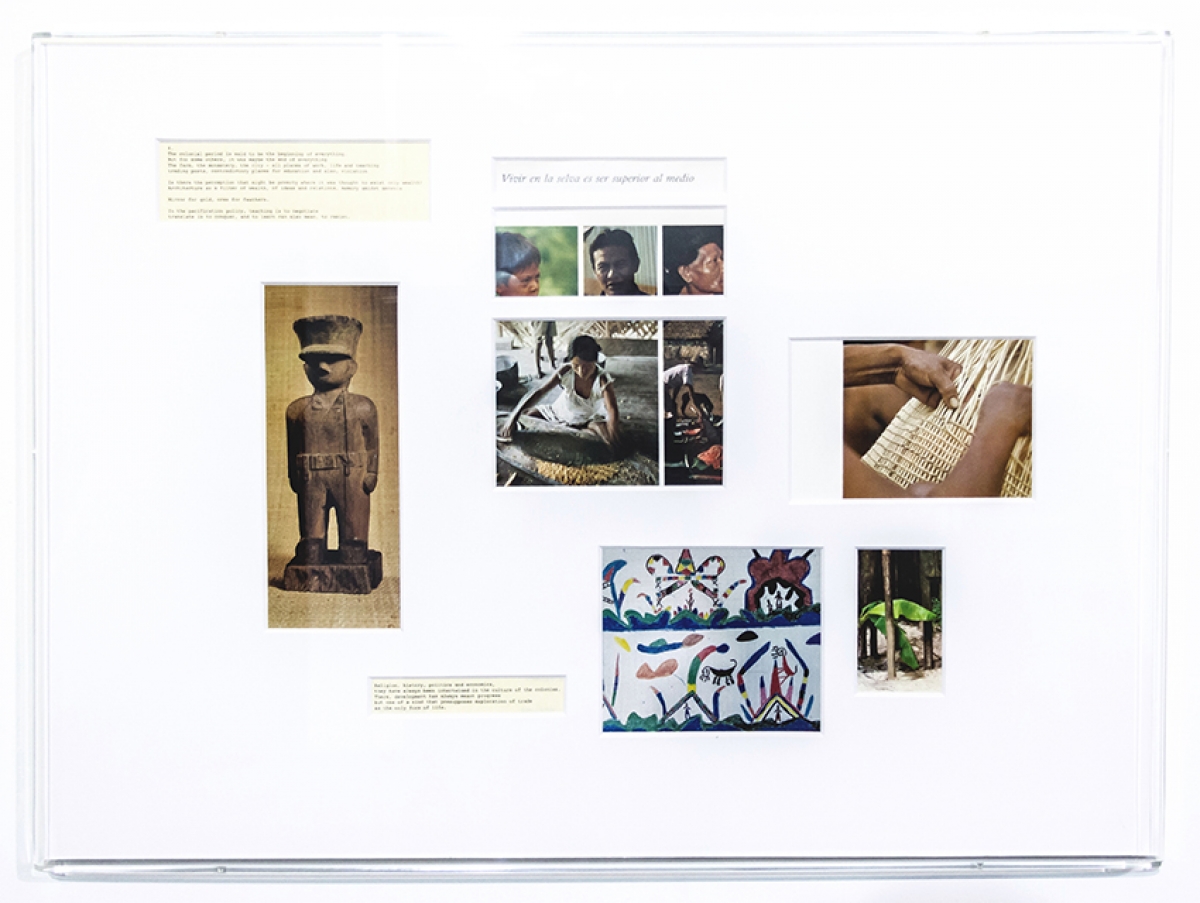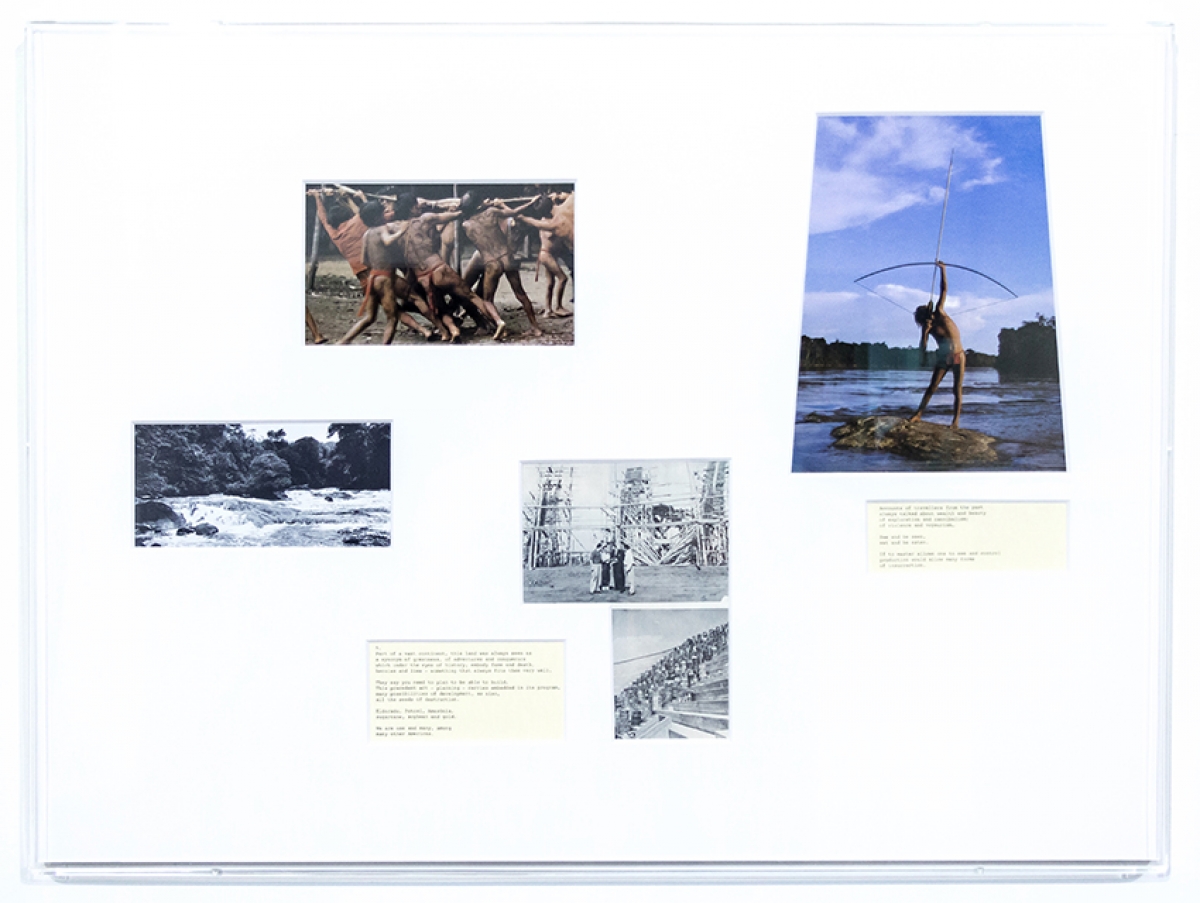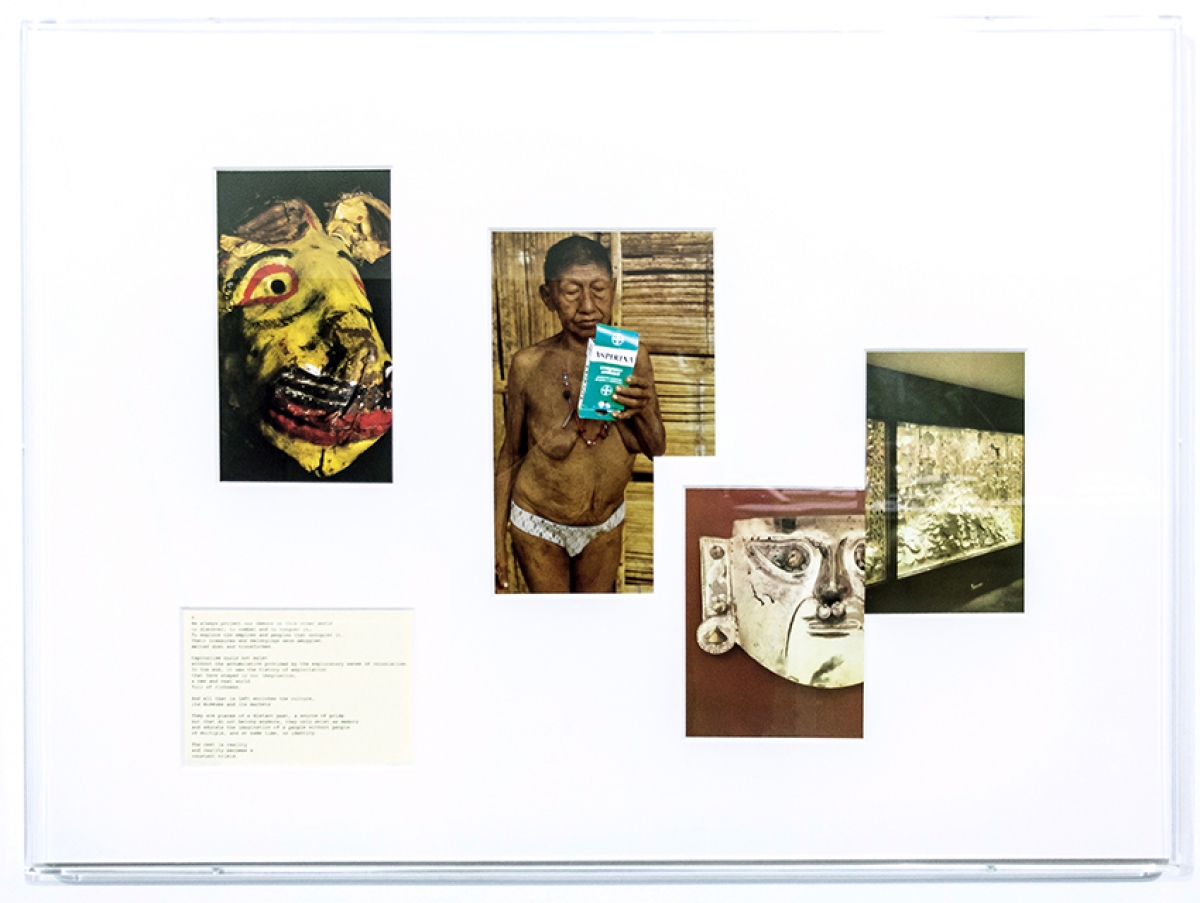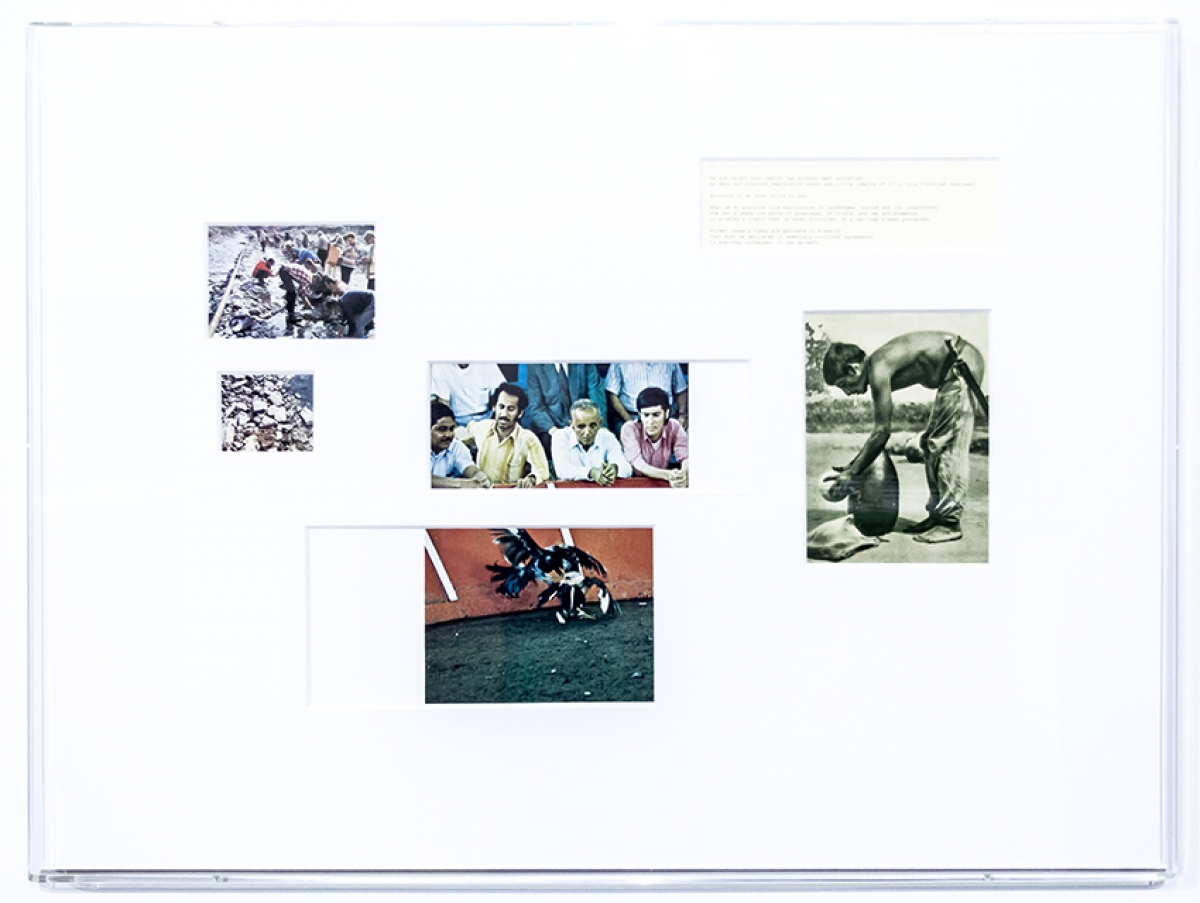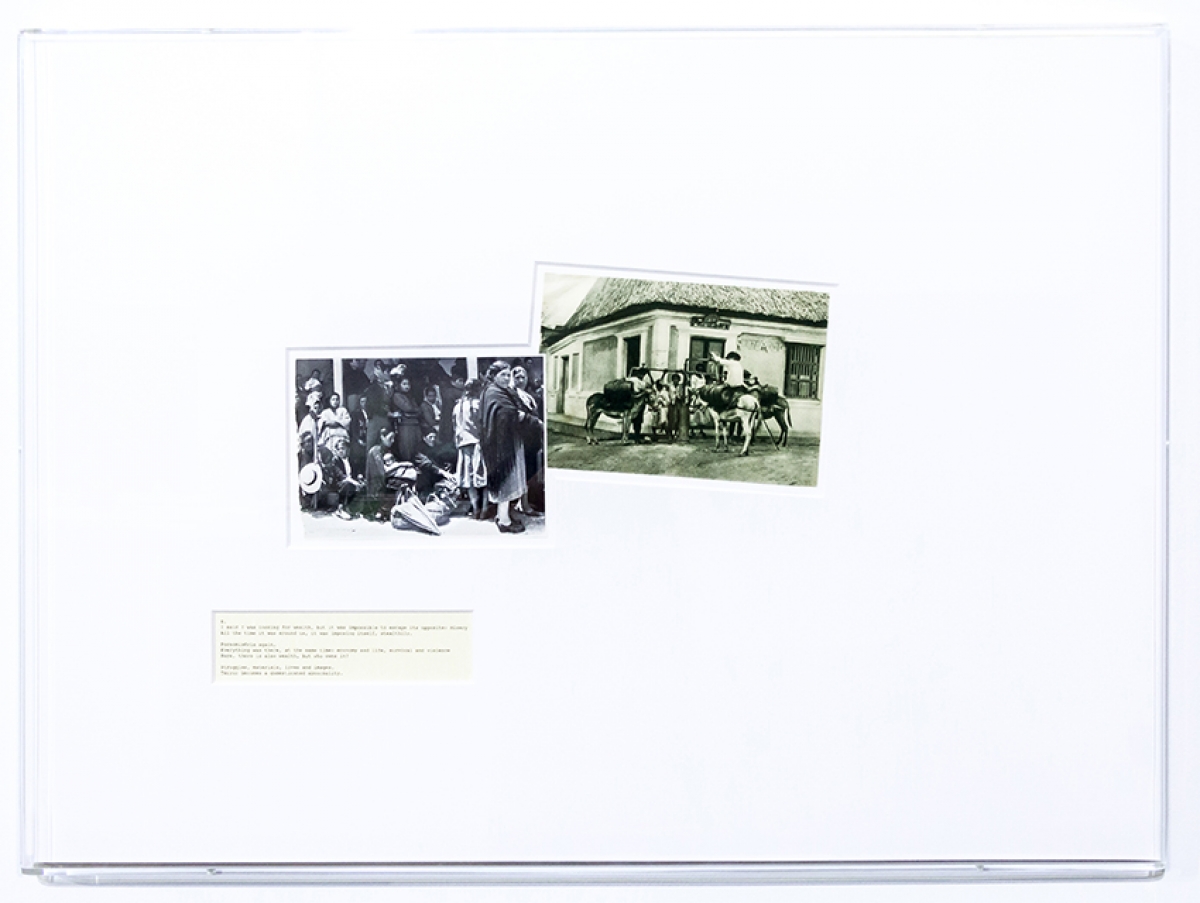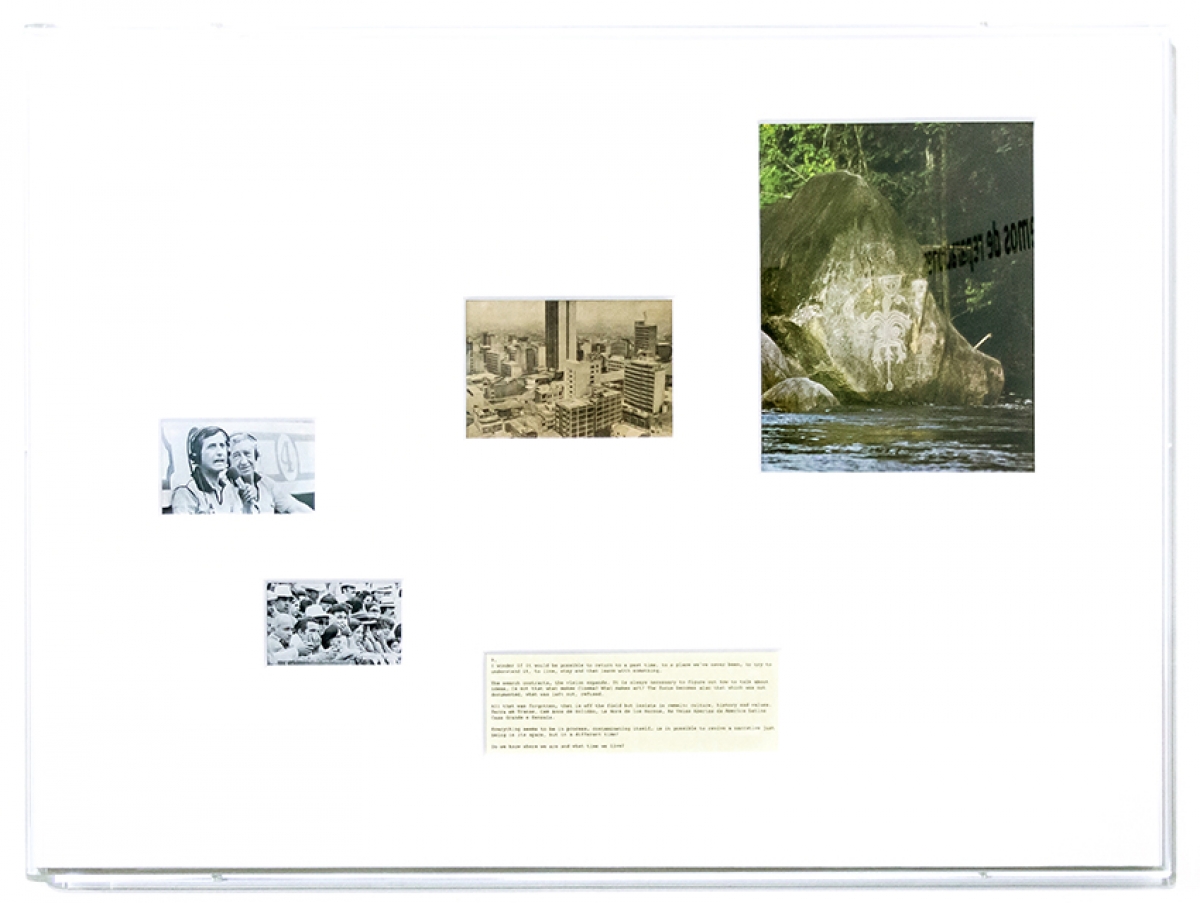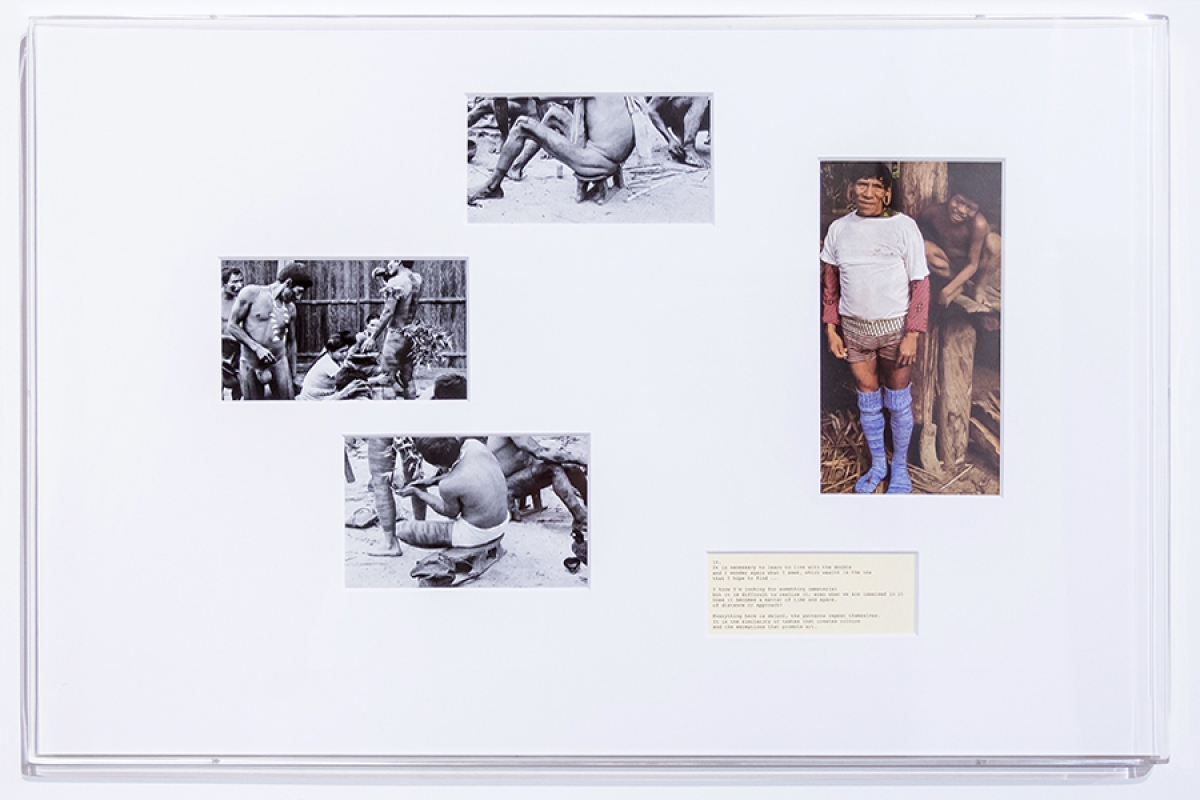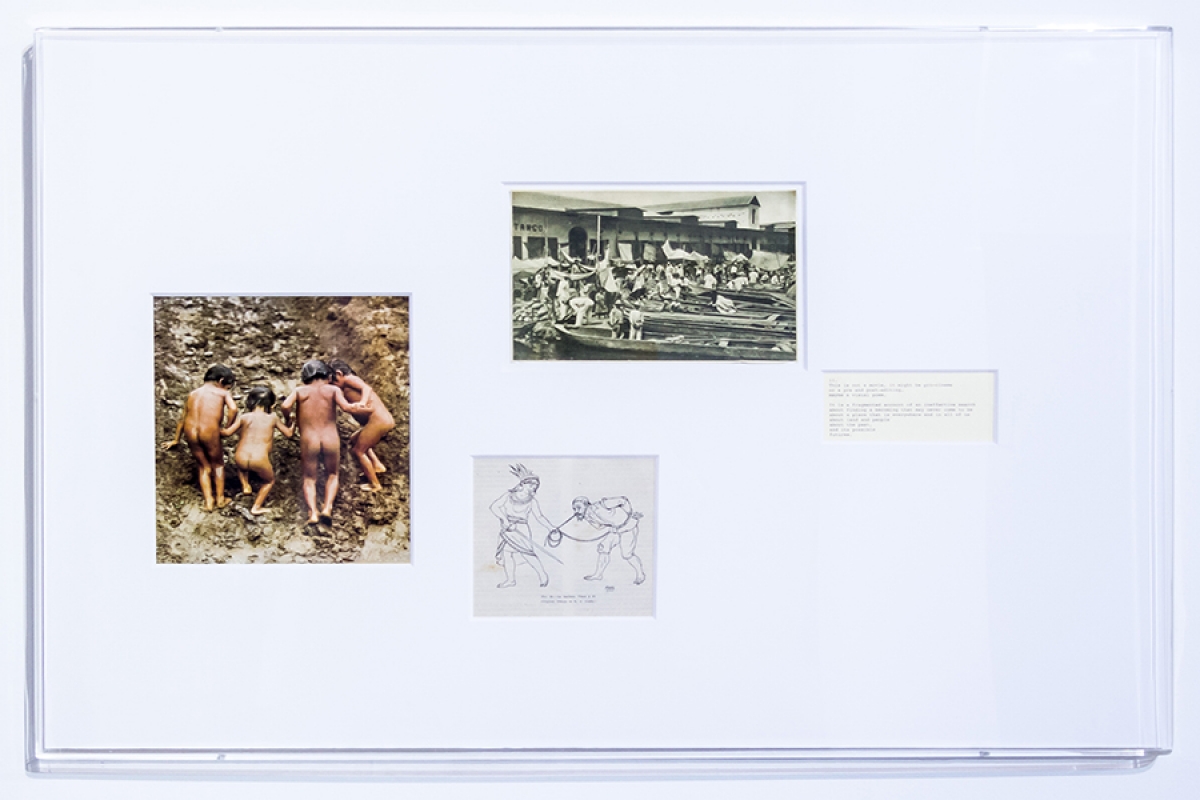I cookie ci aiutano a fornire i nostri servizi. Utilizzando tali servizi, accetti l'utilizzo dei cookie da parte nostra.
Hablemos de Reparaciones (Let’s Talk Reparations)
Beto Shwafaty
curated by Matteo Lucchetti
prometeogallery di Ida Pisani
via Ventura 3 Milan
Opening, Friday 20 of May 2016, 7 pm
21/05 — 16/07/2016
Prometeogallery is pleased to present Hablemos de Reparaciones, the first solo exhibition in Italy by Brazilian artist Beto Shwafaty, curated by Matteo Lucchetti and introducing a new body of works specifically produced for the show.
The title Hablemos de Reparaciones (Let’s Talk Reparations) comes from the title of an article penned by anthropologist Jason Hickel (originally “Enough of aid — let’s talk reparations”, The Guardian, November 2015), in which European colonial history is disconnected from its usual narrative of economic development and described as a series of crimes, for which almost none of the victims has claimed reparations so far. Once established that the wealth on which European countries have built their modernity derives from a centuries-long status of exploitation, how can we still validate the visual and discursive narratives that have described the non-European cultures as otherness, inferior, undeveloped and ultimately in constant need of help from the west? The exhibition seeks to change perspective about the topic by questioning the codes, icons and images produced within a condition of subordination faced by many Latin American cultures, and liberating them from the equation that sets the aesthetic values through which we identify wealth and poverty still today.
Shwafaty started the journey that brought him to conceive Hablemos de Reparaciones during a residency at Lugar a Dudas, Cali (Colombia) earlier this year. There, he got acquainted with the experimental cinema — filmed in 16mm in a mockumentary style — by Cali film makers Luis Ospina and Carlos Mayolo. One of the most notable and famous piece by the duo is the 1977 “Agarrando el pueblo” (“Vampires of Poverty”), manifesto of the movement called Pornomiseria, i.e. the attempt to denounce the western exploitation of misery, and the related production of stereotypical photos and movies representing images of poverty to be sold on the international broadcasting market. In his new video work “Afastando el Pueblo, Fantasmas de la Riqueza”, Shwafaty approaches the attempt by Ospina and Mayolo, updating it to current times. Many South American countries are today labeled as flourishing lands of opportunities and wealth, showing the other side of the ‘colonial coin’, that flattens the huge inequalities existing and prevents the opening of a space for serious attempt at quantifying reparations due as well as quantifying the effects of the many issues still pending, such as illicit financial transactions, unfair trade agreements and other phenomena tied to contemporary colonialism. In the video, Shwafaty portrays wealth in its motley immaterial and material forms, digging — through the structure of a personal chronicle — into the superstructures still operating in the Latin American context, which continue to sustain the exploitative axes through which the concepts of modernity and progress still move.
In the exhibition, found printed matter, texts, cultural objects and video, are arranged and intertwined through a multilevel display — a recurring method in the artist’s practice — where different narratives and materials gain new statuses, both as presences, narratives and representations.


